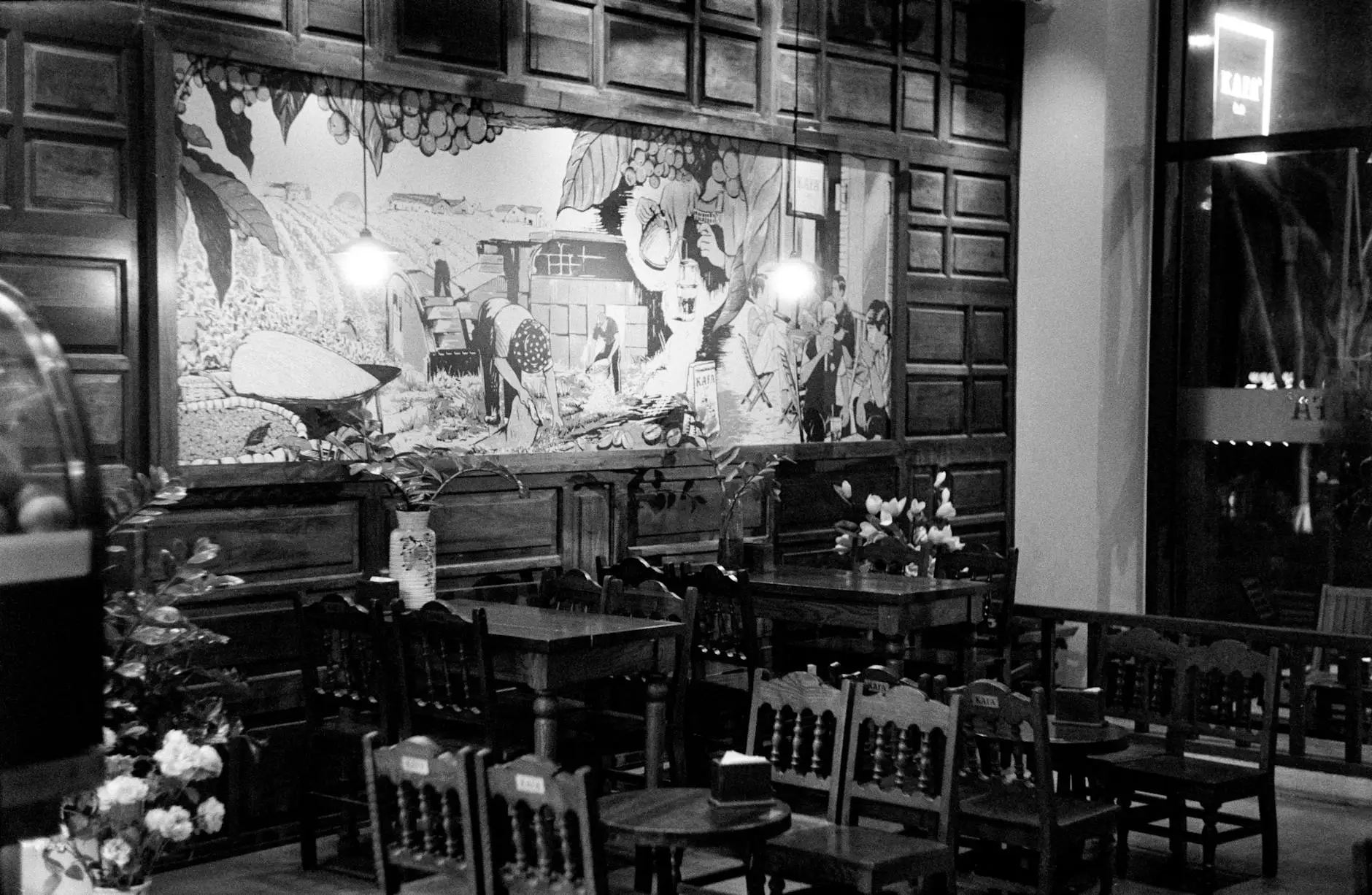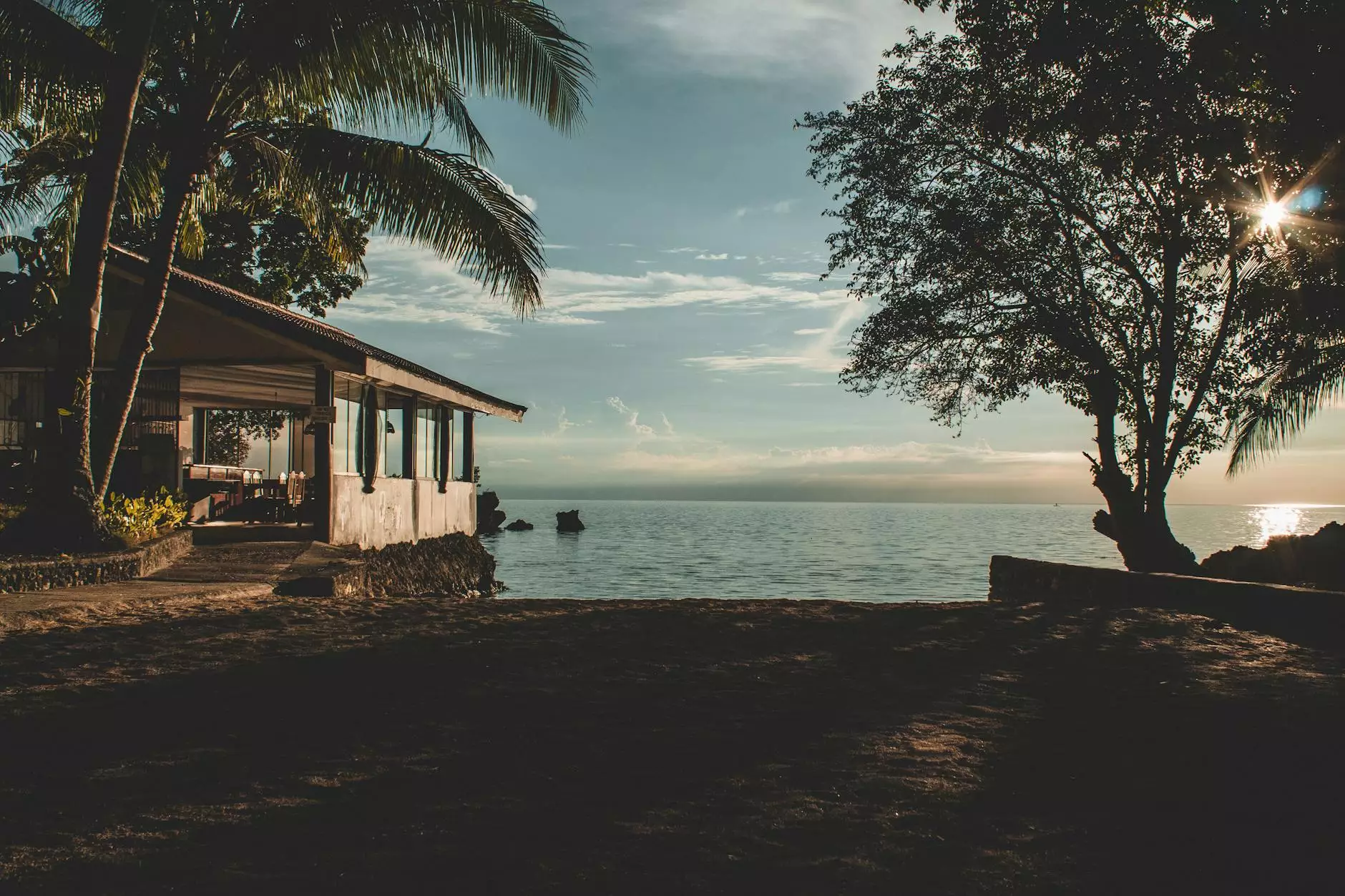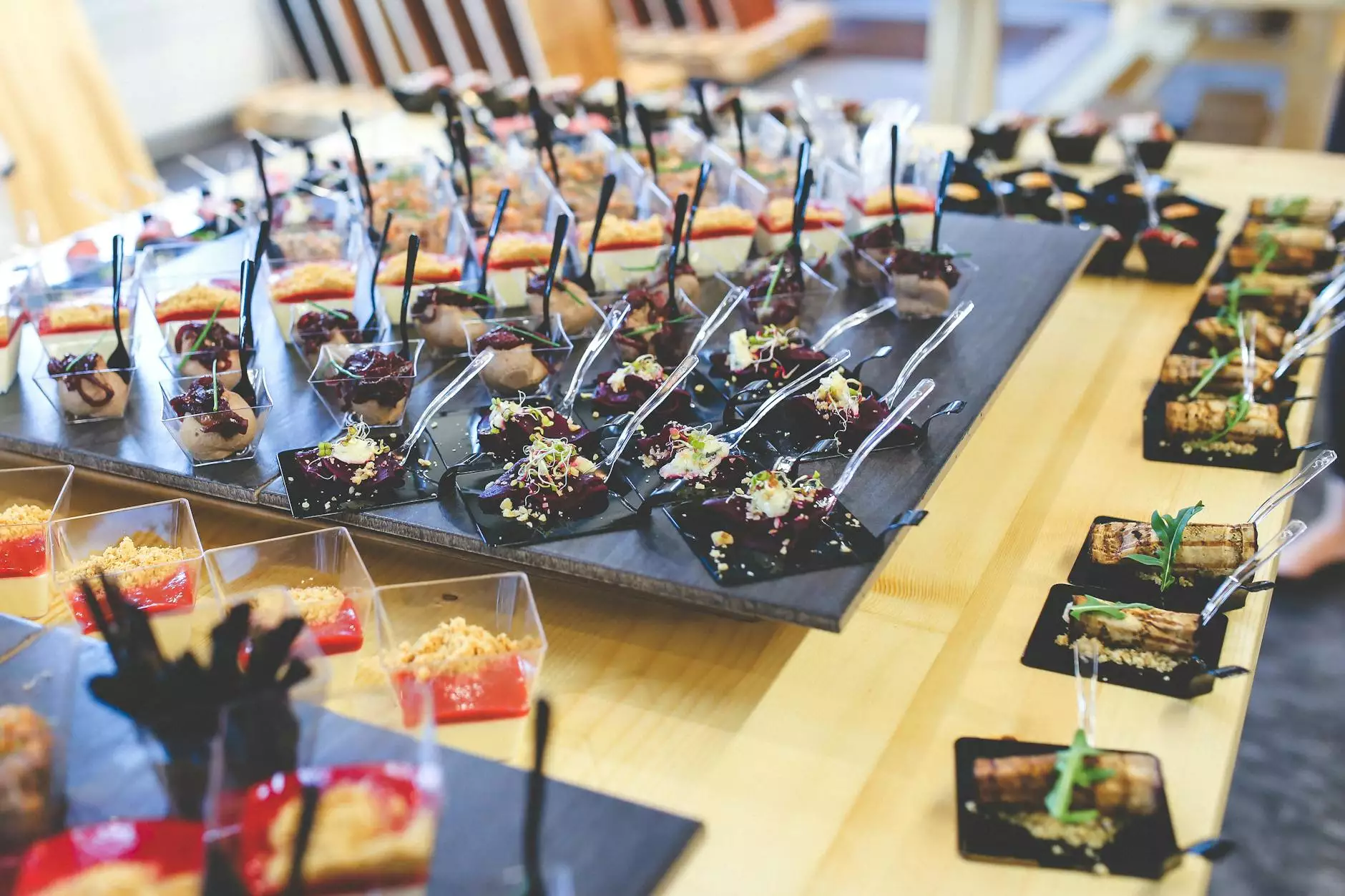The Ultimate Comparison: Staron vs Corian Countertops for Restaurants

As a restaurant owner, you understand the importance of creating a beautiful and functional space to attract and satisfy your customers. One crucial element in achieving this is selecting the perfect countertop material for your establishment. In this article, we'll delve into the world of countertops and compare two popular options: Staron and Corian. By the end, you'll have a clear understanding of their differences, benefits, and which one would best suit your restaurant at Maasreusel.nl.
What is Staron?
Staron is a premium solid surface material renowned for its versatility and durability. It is composed of advanced acrylic resin with natural minerals, giving it an elegant and seamless appearance. Its non-porous surface makes it resistant to stains and easy to clean. Additionally, Staron offers a wide range of color options, allowing you to customize your countertops to align with your restaurant's aesthetic.
Introducing Corian
Corian is a premium solid surface material that also boasts exceptional qualities. Developed by DuPont, Corian combines natural minerals with acrylic polymer, resulting in a surface that is both aesthetically pleasing and highly functional. Similar to Staron, Corian countertops are non-porous, making them hygienic and resistant to stains. Furthermore, Corian offers extensive design options, enabling you to create unique and visually appealing countertop installations for your restaurant.
Differences Between Staron and Corian
While Staron and Corian share several similarities, there are notable differences to consider when choosing between them for your restaurant:
1. Composition
Staron primarily consists of acrylic resin bonded with natural minerals, while Corian blends natural minerals with acrylic polymer. This variation in composition influences their individual properties and performance.
The keyword-rich phrase: "staron vs corian" highlights the main focus of this article.
2. Color Options
Both Staron and Corian offer an extensive palette of colors, allowing you to select the perfect shade for your restaurant's theme and ambiance. However, Staron provides a broader spectrum of hues, giving you more flexibility in crafting your desired look.
3. Design Freedom
When it comes to design flexibility, both materials excel. Staron and Corian can be seamlessly joined, enabling you to create virtually invisible joints for a harmonious and uninterrupted countertop surface. However, Corian's adaptability to thermoforming allows for more intricate and curved designs compared to Staron.
4. Heat Resistance
In terms of heat resistance, Corian has an upper edge over Staron. While both materials can withstand typical temperatures found in culinary environments, Corian exhibits higher heat resistance, making it a suitable choice if your restaurant requires direct contact with hot cookware or appliances.
5. UV Stability
If your restaurant has outdoor seating or areas with direct sunlight exposure, UV stability becomes an important factor. In this aspect, Staron surpasses Corian, maintaining its color and integrity even when subjected to prolonged sunlight.
6. Pricing
Pricing is often a crucial consideration for any business decision. However, it's essential to note that the cost of Staron and Corian countertops can vary depending on factors such as your location and the complexity of your design. We recommend consulting with experts at Maasreusel.nl to get accurate pricing information tailored to your specific requirements.
Choosing the Right Countertop for Your Restaurant at Maasreusel.nl
Now that we have explored the comparisons between Staron and Corian, the question remains: which one should you choose for your restaurant at Maasreusel.nl?
Consider the following factors:
1. Aesthetic Appeal
Assess the overall design and theme of your restaurant. Determine whether Staron's wide range of colors or Corian's unique thermoforming capabilities align better with your vision. It's crucial to select a countertop material that complements and enhances the ambiance you wish to create.
2. Functionality
Consider your restaurant's specific needs. If you require countertops that can withstand high heat or direct sunlight, Corian may be the ideal choice. Conversely, if a stain-resistant and easy-to-maintain surface is a priority, Staron can provide the desired functionality.
3. Budget
While pricing should not be the sole determining factor, it does play a significant role in decision-making. Outline your budget and discuss it with the experts at Maasreusel.nl to choose a material that fits within your financial framework while meeting your requirements.
Conclusion
When it comes to selecting the perfect countertop material for your restaurant at Maasreusel.nl, you can't go wrong with either Staron or Corian. Both offer exceptional quality, aesthetic appeal, and functionality. Understanding the differences between the two enables you to make an informed decision based on your unique requirements.
Ensure to reach out to the knowledgeable team at Maasreusel.nl who can guide you through the selection process, providing personalized advice tailored to your restaurant's needs. Elevate your establishment with a stunning countertop that not only enhances its visual appeal but also offers practicality, durability, and ease of maintenance.









